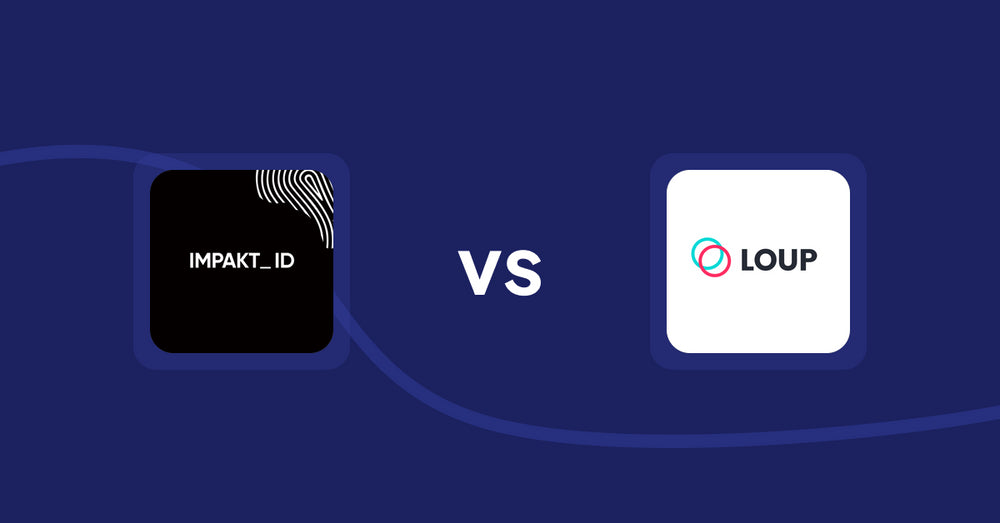Shopify Metafield Apps: TableFlow Specification Table vs Native Metafields

Table of Contents
- Introduction
- How Does TableFlow Specification Table Work?
- How Does Native Metafields Work?
- How Much Does TableFlow Specification Table Cost?
- How Much Does Native Metafields Cost?
- Cost Analysis: TableFlow Specification Table vs. Native Metafields
- User Reviews & Customer Support Insights
- Integration and Compatibility Comparison
- Conclusion
Introduction
In the rapidly evolving landscape of e-commerce, appropriately managing product information can significantly influence success. A compelling insight indicates that 67% of consumers view clear product specifications as critical to their purchase decisions. Consequently, Metafield management has become a pivotal aspect of enhancing customer experience and boosting conversion rates. Metafield apps play a crucial role in streamlining this process, allowing businesses to structure their product information effectively.
Two noteworthy solutions in this domain are the TableFlow Specification Table and Native Metafields. Both applications provide unique functionalities designed to offer comprehensive options for managing Metafields. Their seamless integration with Shopify enhances the overall experience, transforming how businesses present product data.
How Does TableFlow Specification Table Work?
TableFlow Specification Table is engineered to simplify the addition of specification tables to an extensive range of products—up to 100,000 or more. This application allows businesses to utilize product attributes and Metafields to create visually organized specification tables, facilitating a clearer purchasing journey for customers.
Main Features
-
Unlimited Product Integration:
- Utility: You can apply specification tables across an infinite number of products without any product count limitations.
- Impact: Startups to large enterprises can effortlessly scale their product offerings, maintaining consistency and clarity in product information as they grow. For instance, an e-commerce studio with hundreds of items can keep its specifications organized and accessible.
-
Real-Time Specification Updates:
- Utility: The application's tables adjust in real time according to product variant changes, ensuring accurate and up-to-date information.
- Impact: This feature promotes transparency and trust with customers, leading to enhanced satisfaction and potentially higher sales. A business could illustrate how a product's dimensions vary across different sizes directly in the product detail view.
-
Conditional Display Logic:
- Utility: Businesses can set conditions for displaying certain specification tables based on product groups, types, or tags.
- Impact: Customization is critical for businesses of any size, crucial for targeting unique customer segments. For instance, a specialized sports goods retailer can showcase tables specific to soccer gear without cluttering the view for other products.
-
Multiple Table Formats:
- Utility: The app supports multiple formats, such as a multi-column spec table, offering flexibility in how information is presented.
- Impact: This versatility appeals to businesses needing to provide varied types of information, from discount details to shipping rates, in an organized format that enhances readability.
-
Custom Templates and Attributes:
- Utility: Users can choose from available templates and add custom attributes to fit their unique product specifications.
- Impact: This aspect is particularly beneficial for niche markets that require specific product information. A home improvement store, for example, can create detailed tables highlighting floor space requirements, colors, and materials in a user-friendly design.
Hypothetical Scenarios
Imagine an online furniture store utilizing the TableFlow Specification Table for displaying its items. Each product page showcases a clear, multi-column spec table providing dimensions, material details, and care instructions, thereby addressing common customer queries proactively. By leveraging this app, the store can expect a decrease in customer support queries and improved satisfaction rates as shoppers find all necessary information at a glance.
How Does Native Metafields Work?
Native Metafields focuses on simplifying the management of metafields across products, variants, collections, and more. With this app, businesses can effortlessly view, edit, and manipulate various metafield types, providing a streamlined experience for product information upkeep.
Main Features
-
Comprehensive Metafield Management:
- Utility: This feature allows users to see all metafields in one place, simplifying the management process.
- Impact: Businesses can operate more efficiently by reducing time spent locating and adjusting metafields. Startups often benefit from this streamlined approach to help them focus on growth.
-
Bulk Import and Export:
- Utility: Users can import and export metafields in bulk, enhancing productivity and data management.
- Impact: This feature is invaluable for medium and larger businesses dealing with extensive inventories. An apparel retailer can quickly modify product details across thousands of items without repetitive manual input.
-
Ease of Use:
- Utility: With a user-friendly interface, managing metafields becomes straightforward, even for those lacking technical expertise.
- Impact: Startups looking to establish a digital presence would find this interface especially helpful in building their store with minimal hurdles.
-
Variety of Metafield Data Types:
- Utility: Native Metafields supports numerous metafield data types, from color pickers to JSON, making it adaptable for various needs.
- Impact: Businesses can tailor their product information according to unique requirements. A tech gear store could display JSON formatted data for tech specs, giving customers filtered and relevant information.
How Much Does TableFlow Specification Table Cost?
Embarking on a product solution requires consideration of cost efficiency. The TableFlow Specification Table app offers a singular pricing tier that is ideal for smaller businesses and startups looking for a straightforward solution.
Pricing Details
-
Price: $5.96/month
-
Features Included:
- Unlimited products and tables
- Up to 150 table groups
- Support for metafields and display logic
- Email support
-
Limitations: While cost-effective, there's only one plan, which may not meet extensive needs for larger enterprises.
-
Target Audience: Best suited for startups and small to medium-sized businesses desiring simple yet effective solutions without the necessity of elaborate structures.
-
Additional Costs: None indicated; however, users should note that tailor-made solutions could potentially involve additional fees.
It is important to note that you can always reach out to our team, and we can create a custom pricing plan to suit your needs and your budget. Schedule a call via this link and we’ll come up with the best solution for you and your business.
How Much Does Native Metafields Cost?
Native Metafields presents multiple pricing tiers designed to cater to diverse business needs, though it may become pricier compared to TableFlow.
Pricing Details
-
Starter Plan: Free
- Features: View metafields across various attributes.
-
Advanced Plan: $6.99/month
- Features: Includes all Starter features, and the option to edit metafields.
-
Professional Plan: $9.99/month
- Features: Includes all Advanced features; users can import/export up to 2000 records.
-
Expert Plan: $15.99/month
- Features: All Professional features, expanded import/export capabilities (up to 5000 records).
The range of pricing provides options for all business sizes. Startups may take advantage of the free tier, while larger businesses can explore the features offered in the Advanced, Professional, and Expert plans for more extensive needs.
Cost Analysis: TableFlow Specification Table vs. Native Metafields
When contrasting costs, TableFlow Specification Table emerges as a more straightforward and cost-effective solution for businesses desiring to manage product specifications. The single pricing tier allows small businesses to enjoy powerful features at a low monthly cost. In contrast, Native Metafields offers a more varied pricing structure, but businesses may find the cumulative costs increase as they opt for higher tiers.
User Reviews & Customer Support Insights
Is TableFlow Specification Table good?
TableFlow Specification Table has garnered a perfect 5-star rating from 64 reviews, indicating an impressive level of user satisfaction. Customers commend its ease of use and the efficiency it brings to managing product specifications.
Is Native Metafields good?
Native Metafields has also earned a stellar 5-star rating based on 7 reviews. Users likely appreciate the application's intuitive interface and the ability to manage a wide range of metafield types efficiently. The limited number of reviews may suggest it is newer or less utilized compared to TableFlow.
User Preference: TableFlow Specification Table or Native Metafields?
Although both apps share a perfect rating, the significant disparity in user reviews indicates a more considerable user base favoring TableFlow Specification Table. This popularity could stem from its comprehensive features, ease of use, and effective customer support.
Integration and Compatibility Comparison
Native Metafields Integrations:
Native Metafields integrates predominantly with Shopify, allowing seamless management of all store metafields without additional complications. However, it does not offer extensive integrations with other platforms, limiting its versatility compared to other solutions.
TableFlow Specification Table Integrations:
While specific integration details are not listed, the application is developed by Activory, suggesting reliable compatibility with other Shopify tools and third-party apps like Translate & Adapt for multilingual support. This adaptability enhances its usability across various business models.
Conclusion
Both TableFlow Specification Table and Native Metafields provide robust solutions for managing Metafields within Shopify. Nonetheless, TableFlow stands out with its low-cost, user-friendly features and flexible utility for businesses of varying sizes. The app's perfect five-star rating and favorable reviews indicate consistent user satisfaction, and its efficient integration options further cement its position as the superior choice for many merchants. As such, while Native Metafields has merits, the TableFlow Specification Table more effectively meets the diverse demands of the e-commerce landscape, delivering greater value and functionality.
Still Searching for the Perfect Customization Solution?
Stop searching and start thriving with Accentuate Custom Fields! This powerful metafield management app supercharges Shopify’s native features, giving you the tools to create a truly personalized customer experience.
Why Choose Accentuate Custom Fields?
- Advanced Customization: Unlimited field definitions, logical grouping, and custom layouts make your store one-of-a-kind.
- Enhanced Editor Experience: Effortlessly edit variant metafields, use advanced HTML and markdown editors, and sync field definitions between stores.
- Flexible Management: Import/export capabilities, automatic tagging, and comprehensive support for Metaobjects and versioning.
- 24/7 Support: If you have any questions or need assistance, our team is available around the clock to help with any custom modifications to suit your store.
Join over 12,000 merchants, including top Shopify Plus stores, who trust Accentuate for their customization needs. With a stellar 4.9-star rating, Accentuate is the go-to tool for advanced CMS needs, offering unmatched flexibility and control over your store’s content. Elevate your Shopify store with high-quality content that boosts customer experiences and conversions. Tell your story, showcase your products, and create an engaging customer journey with ease.
Experience the Accentuate difference and watch your Shopify store thrive!
Accentuate vs Competition
Explore how Accentuate Custom Fields stands out. Whether you’re aiming to customise your storefront, streamline operations or improve content management, see how we compare against the competition
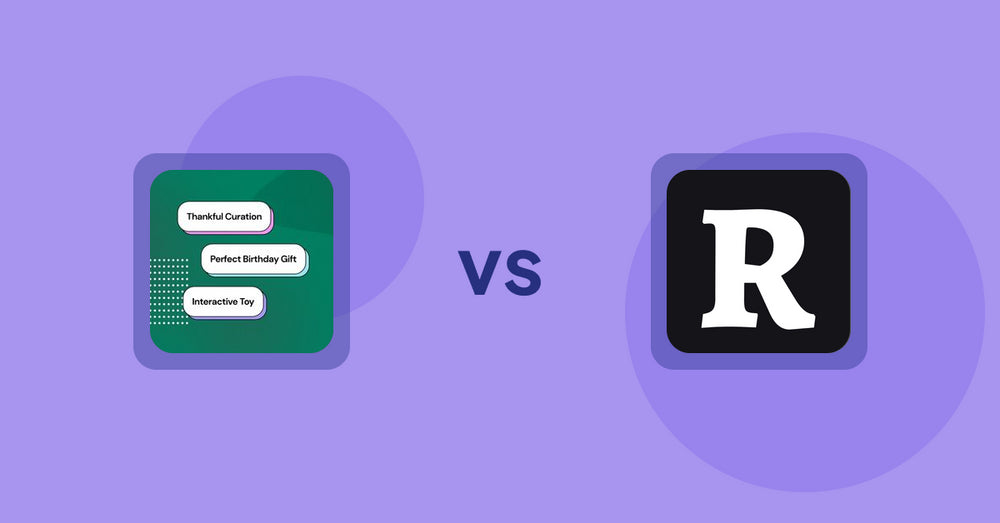
Shopify Product Display Apps: FeatureFrame ‑ Pretty Product vs. AI SEO: Top Product Features
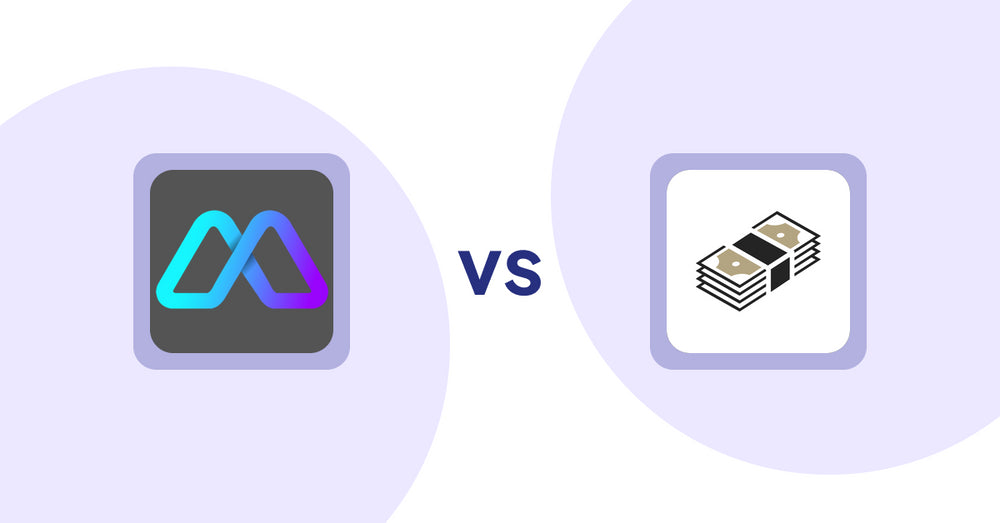
Shopify Product Display Apps: Metadrob: Create Virtual Store vs シンプルクラウドファンディング|お手軽自社クラファン
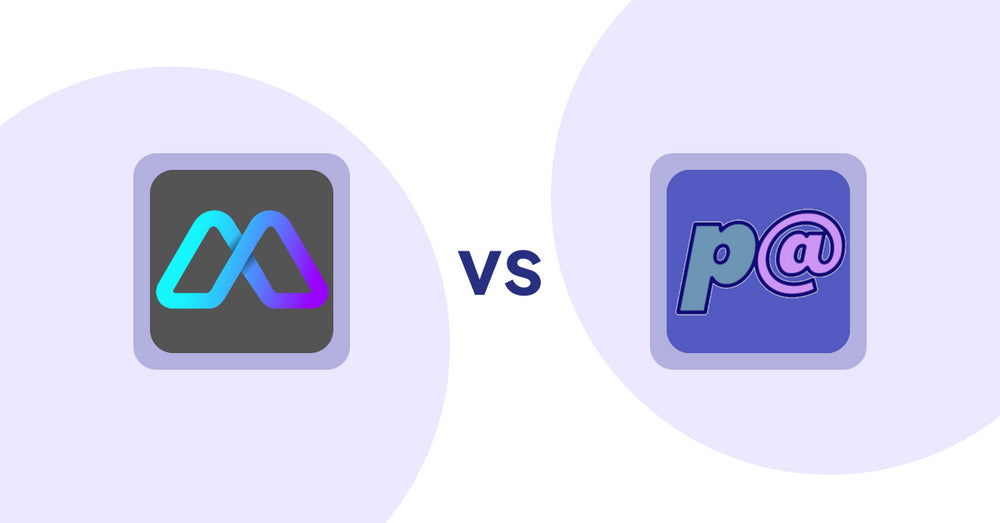
Shopify Product Display Apps: Metadrob: Create Virtual Store vs Parameterizer
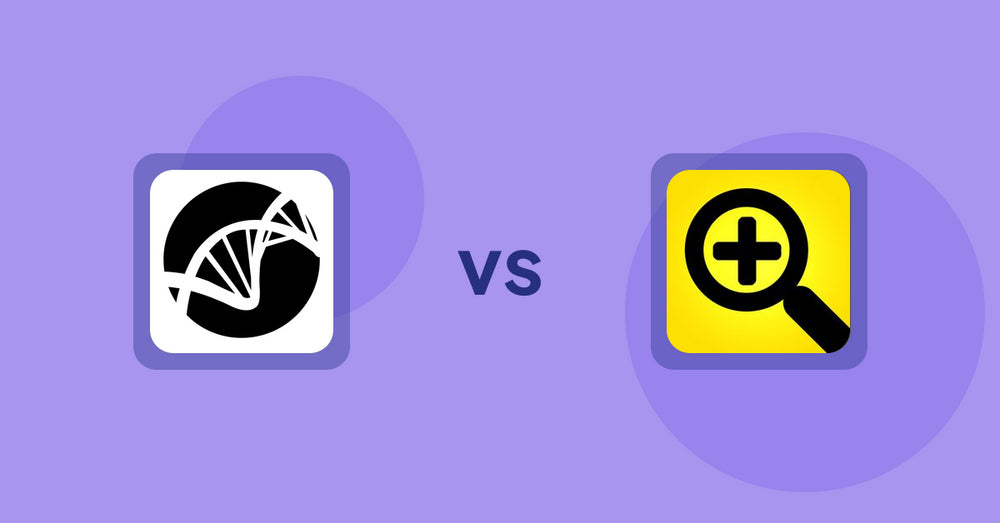
Shopify Product Display Apps: Bike Matrix vs. Fast View: Fastest Quick View
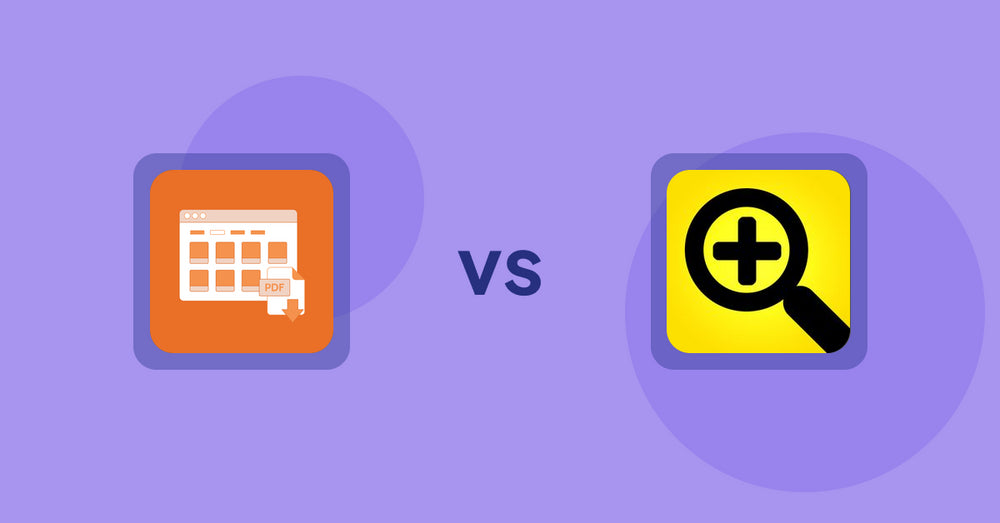
Shopify Product Display Apps: Meetanshi PDF Product Catalog vs Fast View: Fastest Quick View
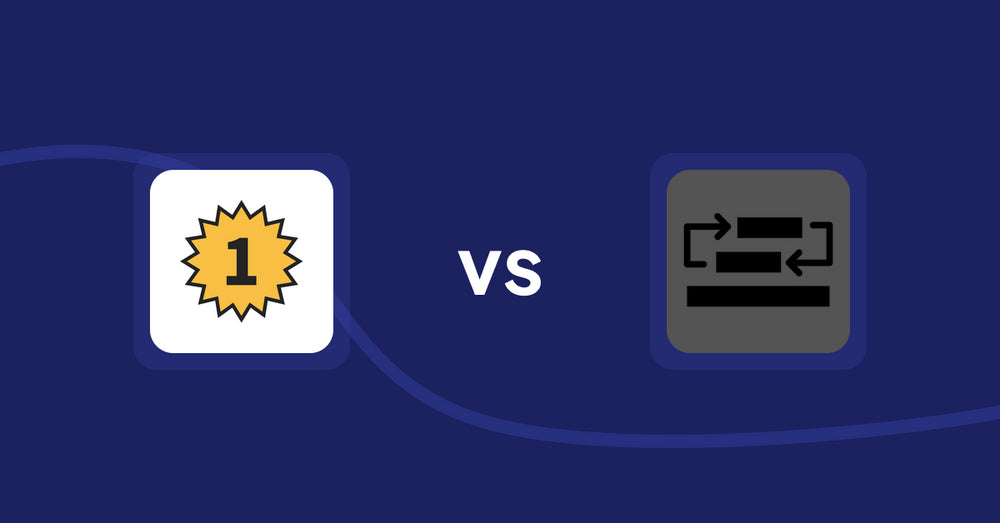
Shopify Product Display Apps: UR: Smart Ranking vs Sortyfi Collection Merchandise
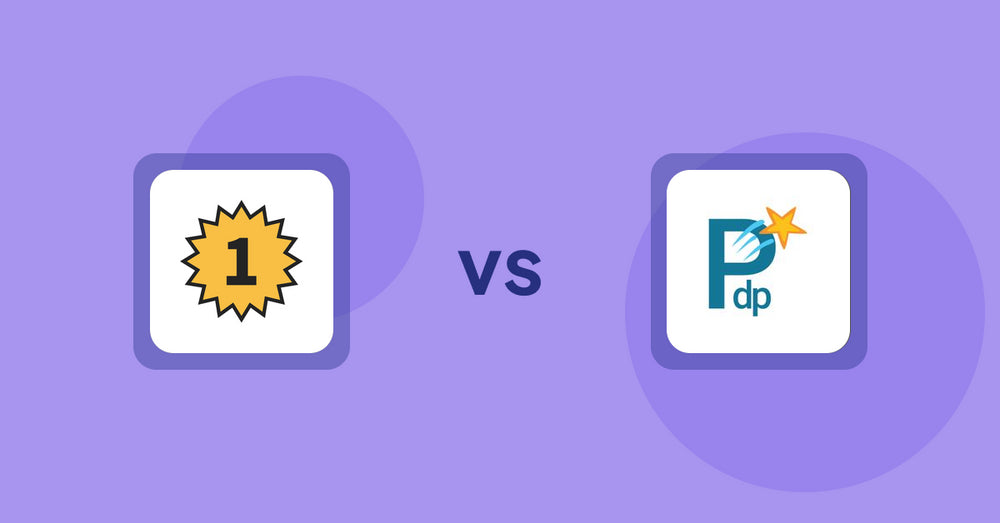
Shopify Product Display Apps: UR: Smart Ranking vs PDP Star
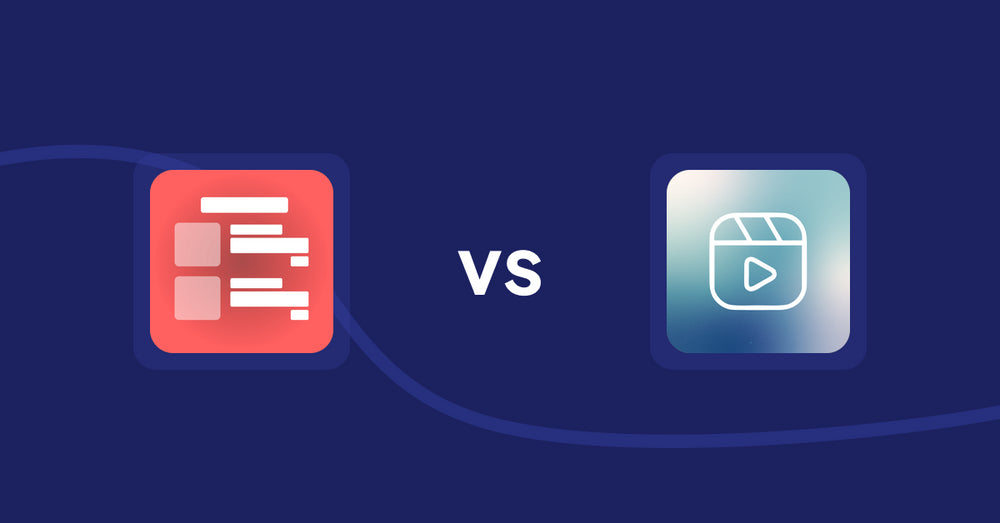
Shopify Product Display Apps: Menulog vs Reelify ‑ Shoppable Reel Video
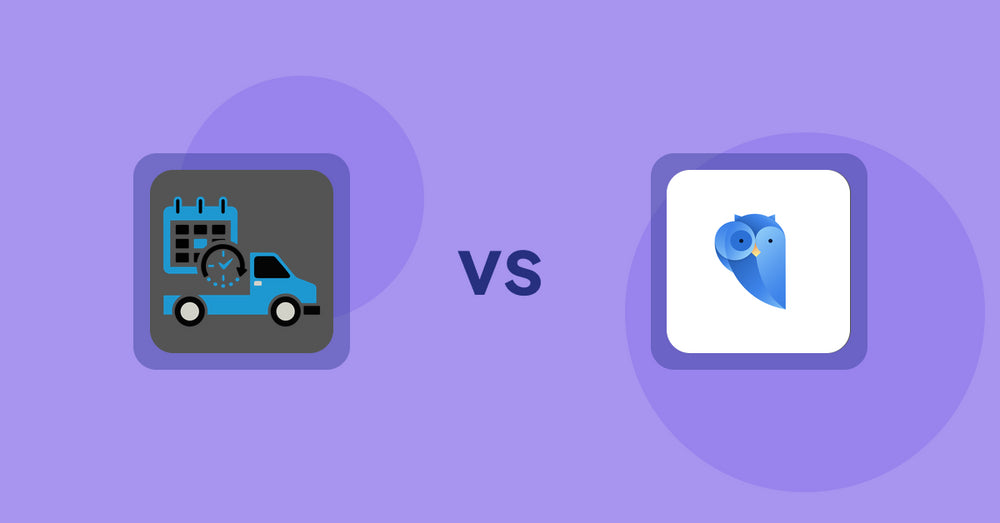
Shopify Product Display Apps: H3 Estimated Delivery vs Findify Search & Merchandise
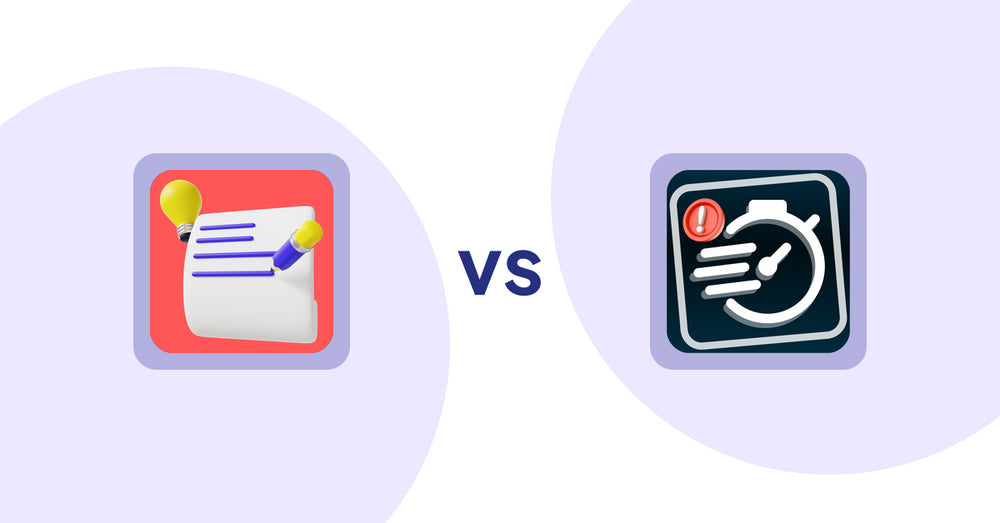
Shopify Product Display Apps: Wordo ‑ ChatGPT AI Description vs Urgency! Low Stock Counter
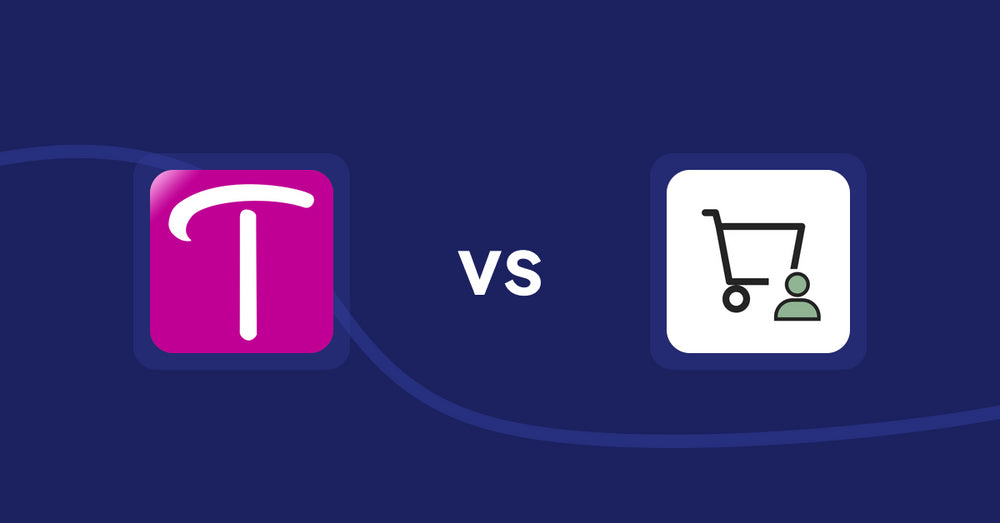
Shopify Product Display Apps: WS Transparency vs シンプル会員注文割引|お手軽ログインセール設定
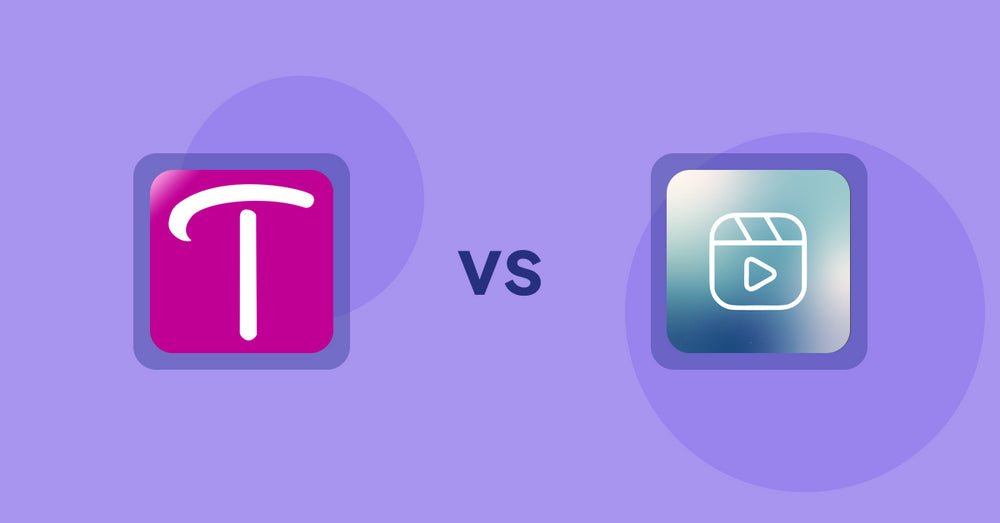
Shopify Product Display Apps: WS Transparency vs Reelify ‑ Shoppable Reel Video
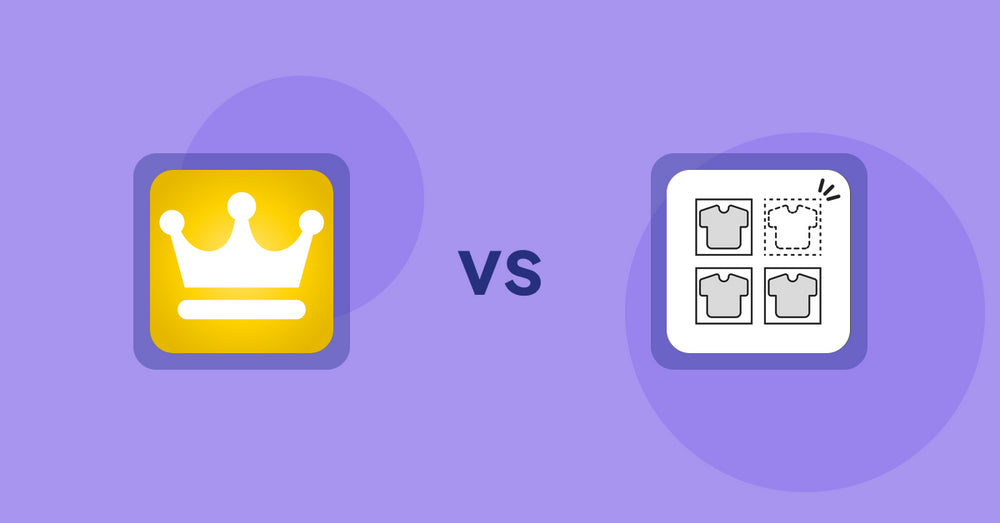
Shopify Product Display Apps: Awesome Ranking vs シンプル売り切れ非表示|在庫切れ商品の表示変更
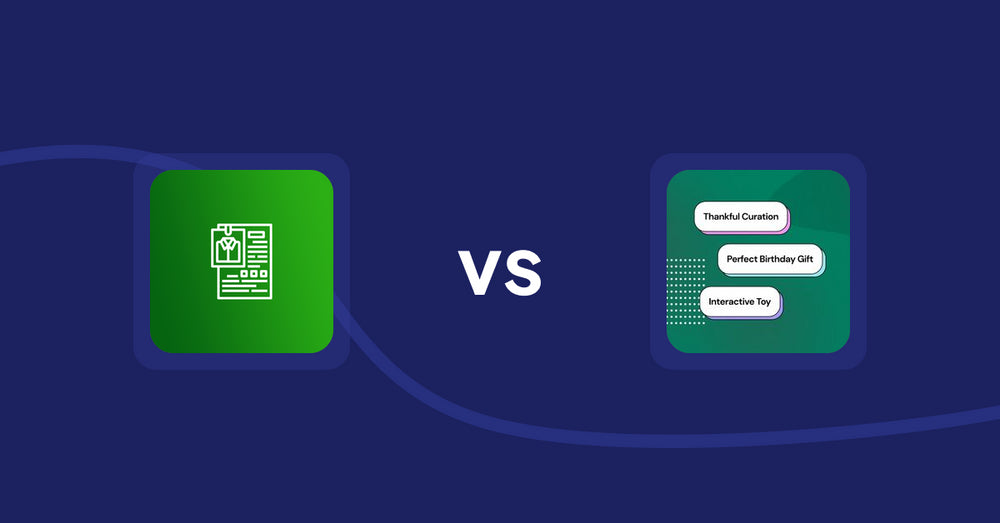
Shopify Product Display Apps: OC Product Size Chart vs FeatureFrame ‑ Pretty Product
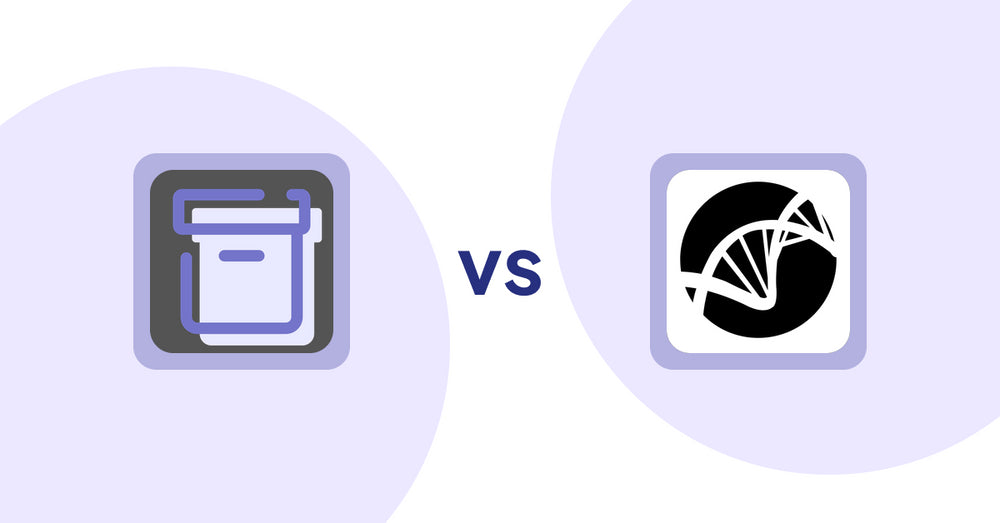
Shopify Product Display Apps: Shelfify vs Bike Matrix
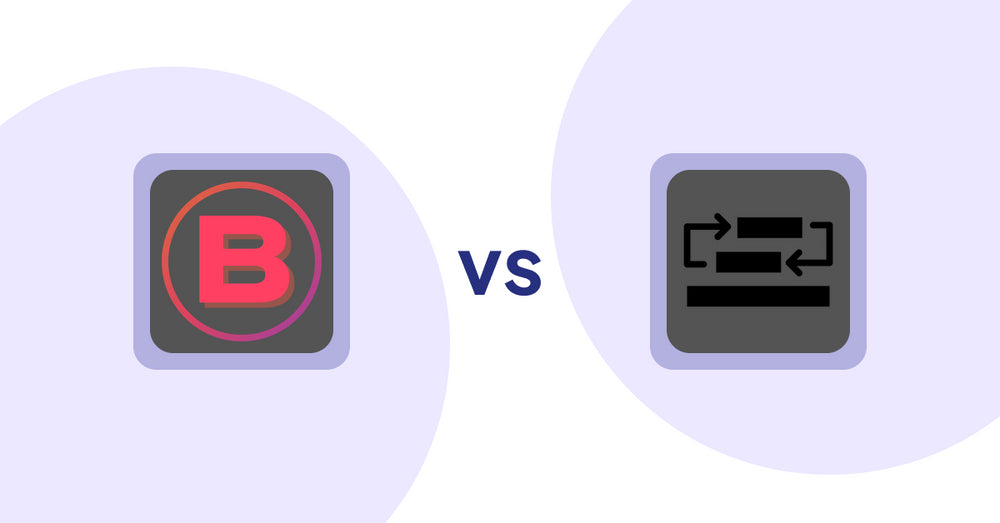
Shopify Product Display Apps: Banter Stories vs Sortyfi Collection Merchandise
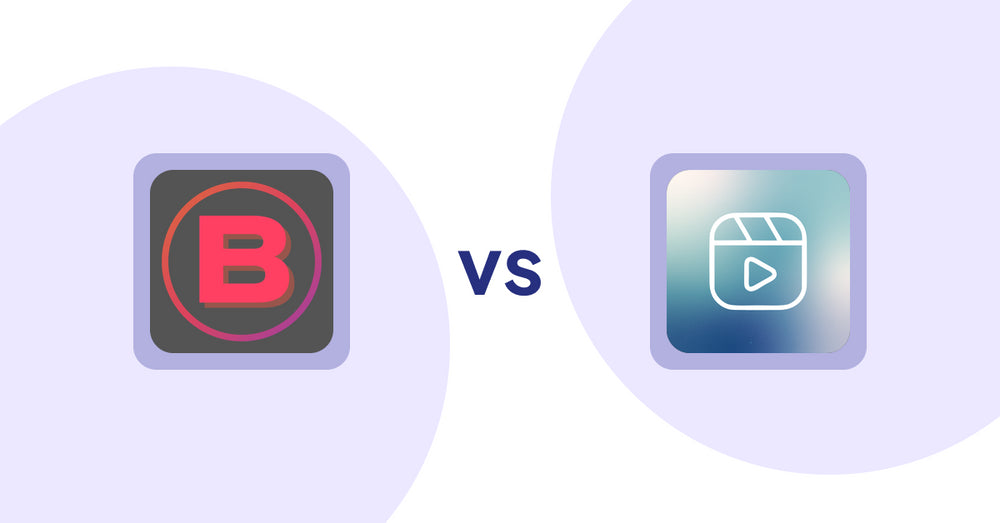
Shopify Product Display Apps: Banter Stories vs. Reelify ‑ Shoppable Reel Video
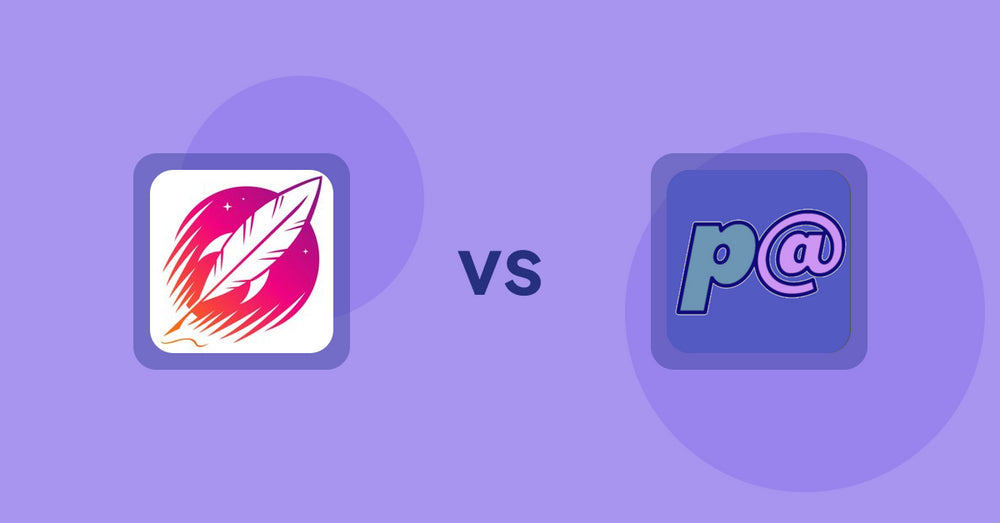
Shopify Product Display Apps: Wordsmith: Content Generator vs Parameterizer

Shopify Product Display Apps: Wordsmith: Content Generator vs Reelify ‑ Shoppable Reel Video
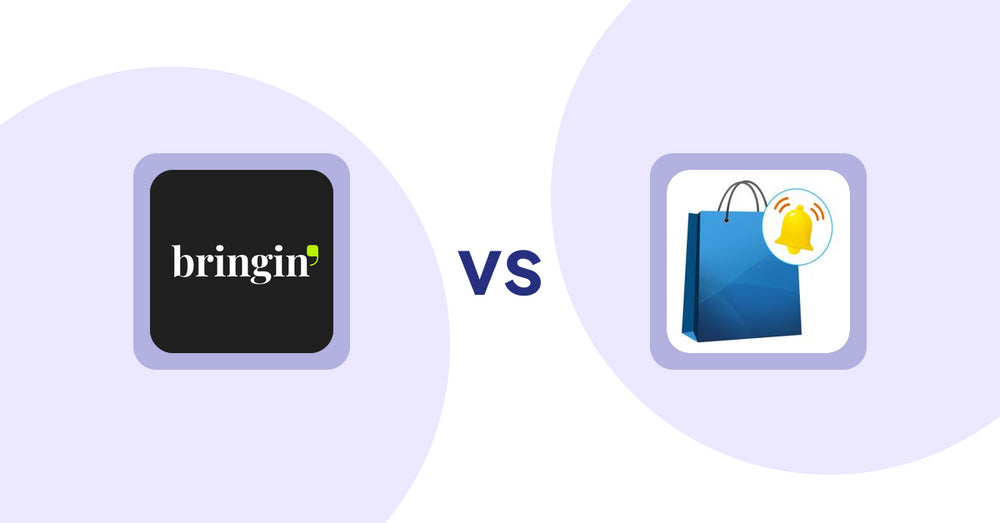
Shopify Product Display Apps: Bringin vs CartBar ‑ Product Purchase Bar
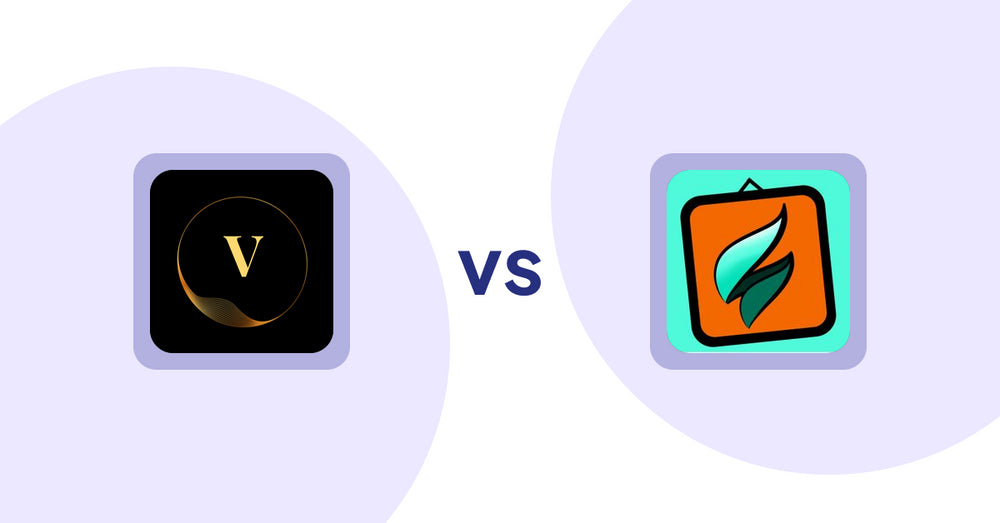
Shopify Product Display Apps: ProductTube vs SMART ‑ Art Product Builder
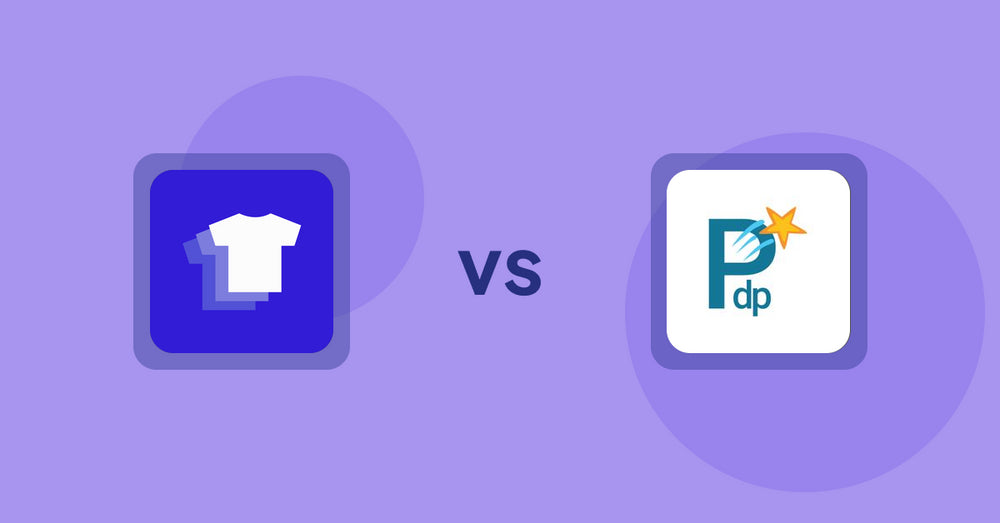
Shopify Product Display Apps: Xpander vs PDP Star
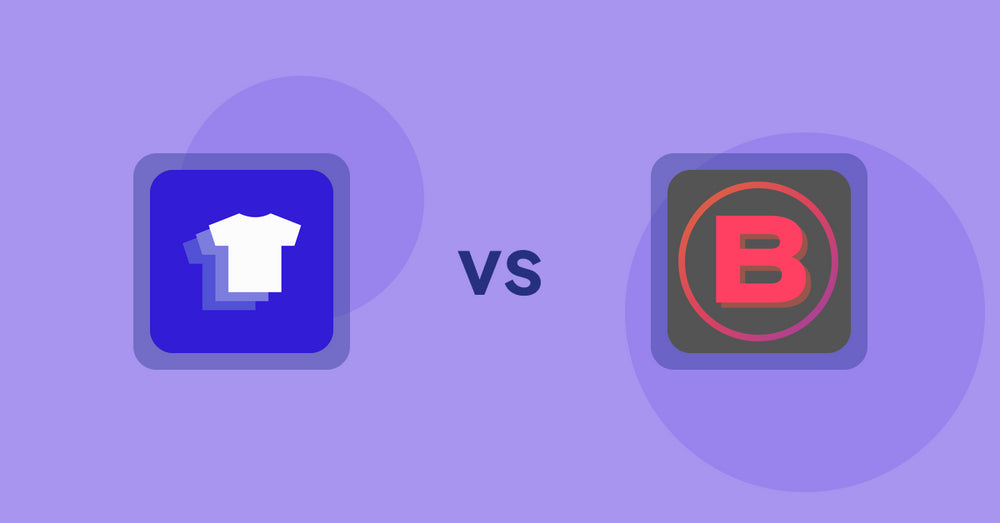
Shopify Product Display Apps: Xpander vs Banter Stories
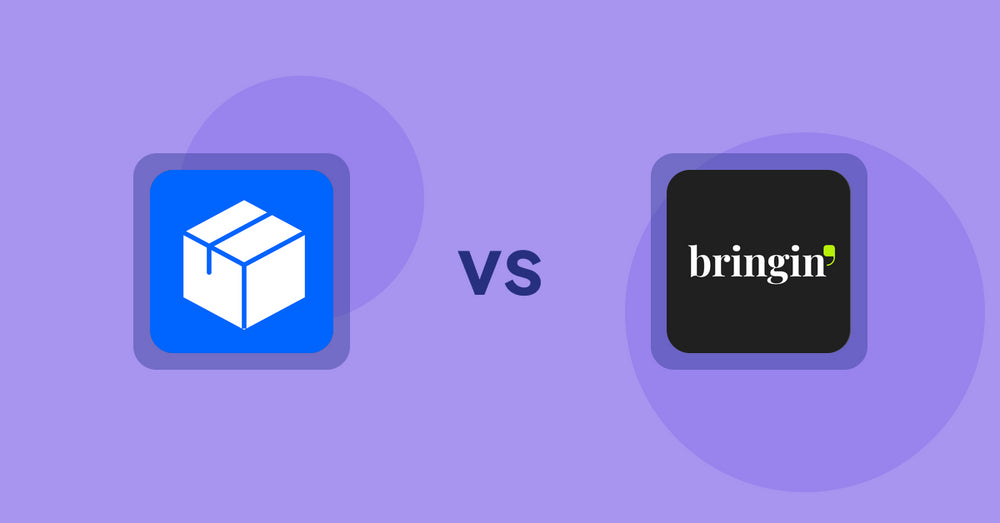
Shopify Product Display Apps: Wonderful Widgets vs Bringin
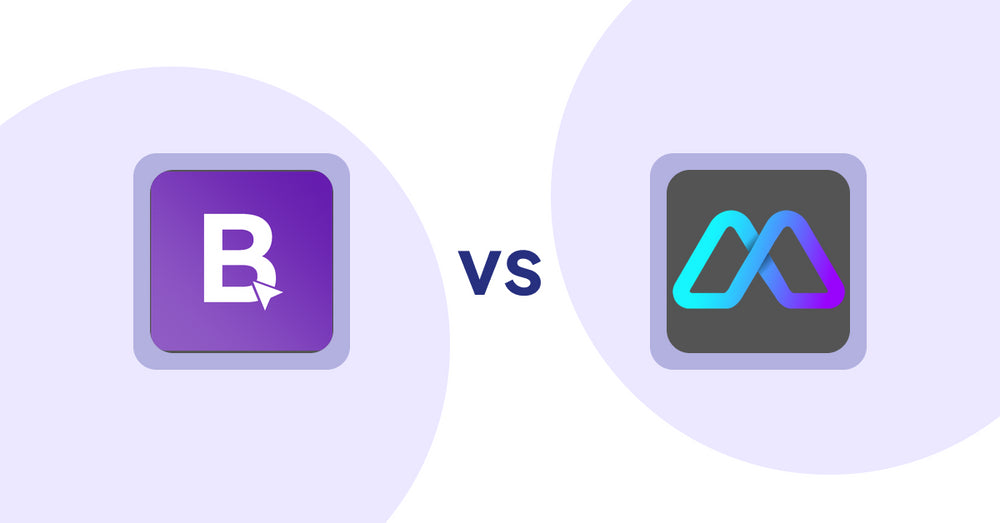
Shopify Product Display Apps: BookE - Rent Property & Service vs Metadrob: Create Virtual Store
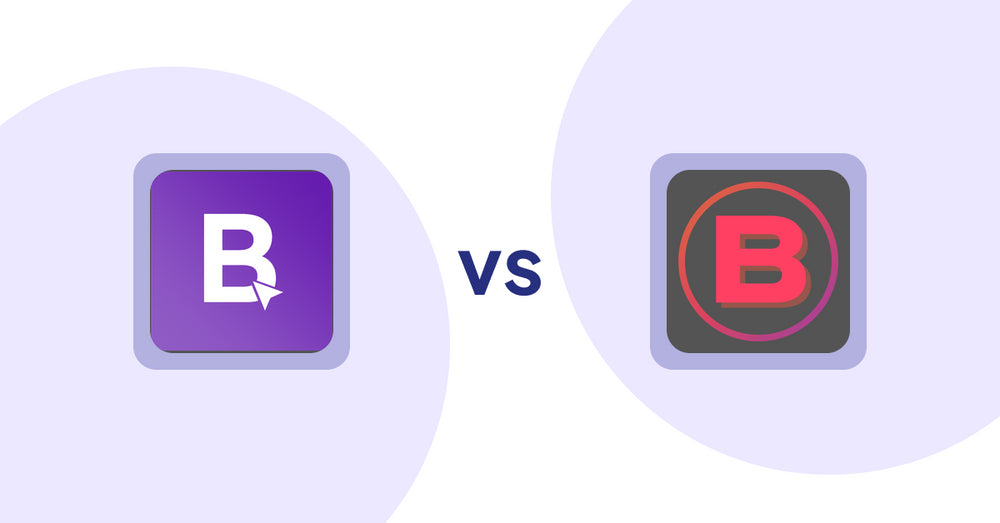
Shopify Product Display Apps: BookE ‑Rent Property & Service vs. Banter Stories
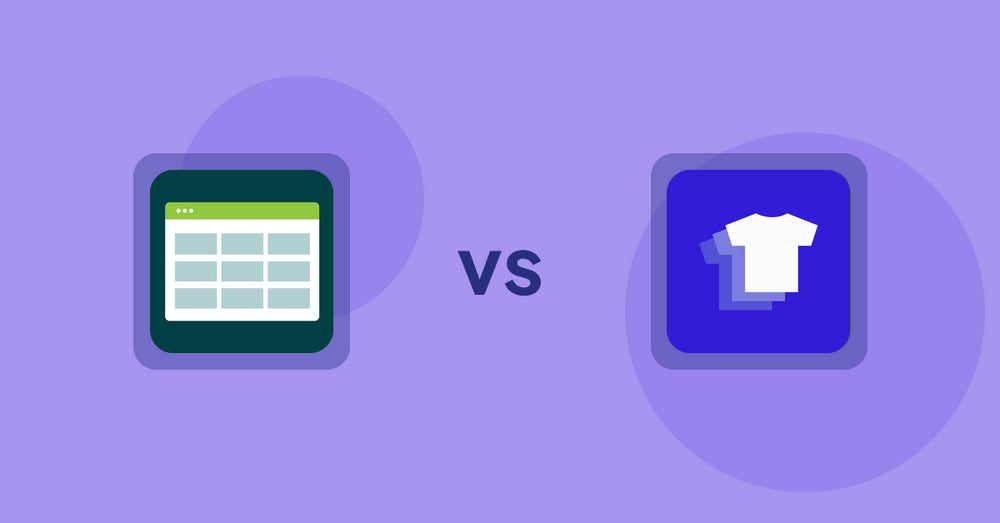
Shopify Product Display Apps: Product Table vs. Xpander
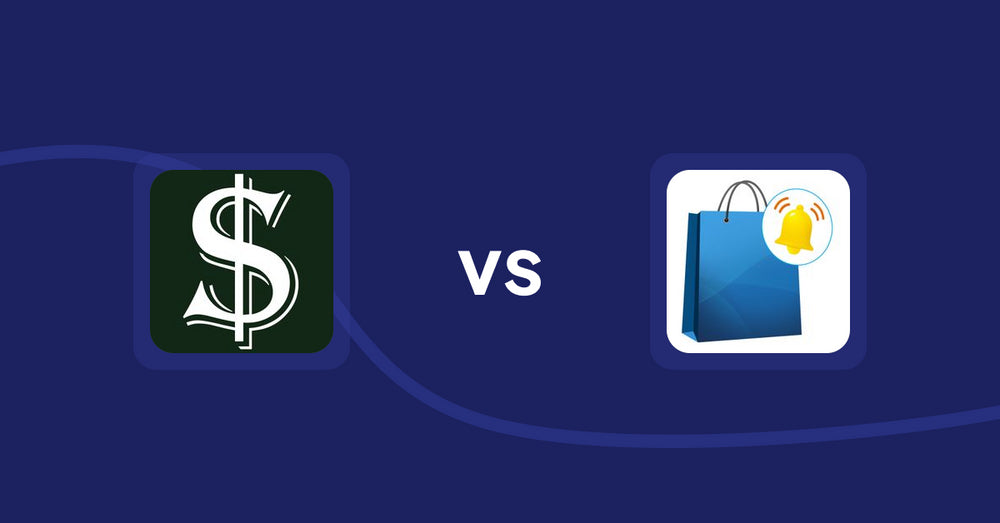
Shopify Product Display Apps: Selling Fast vs CartBar ‑ Product Purchase Bar
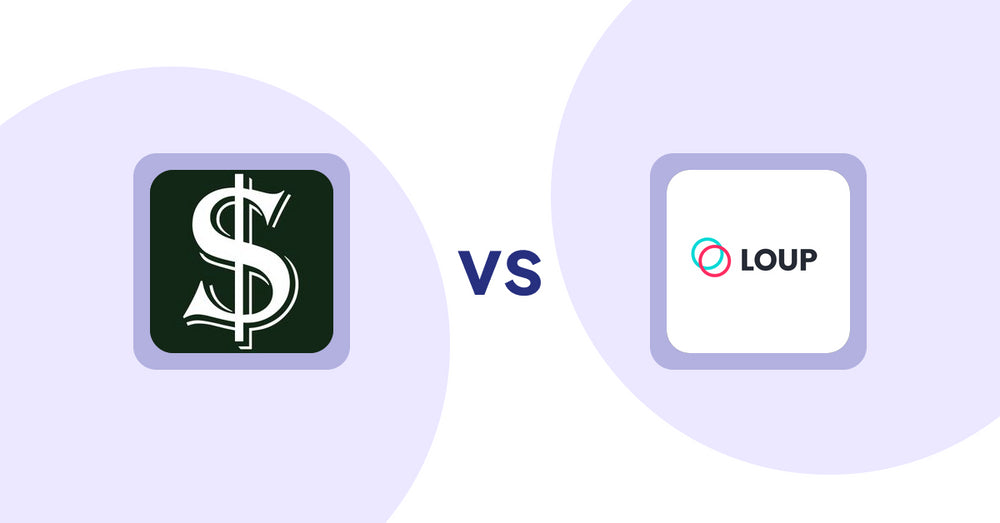
Shopify Product Display Apps: Selling Fast vs. Loup: Sell on Instagram
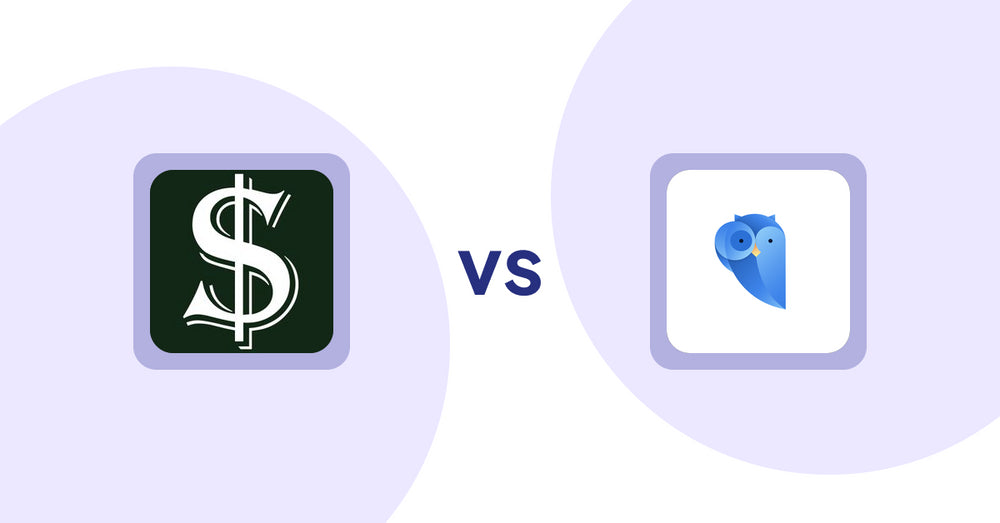
Shopify Product Display Apps: Selling Fast vs. Findify Search & Merchandise
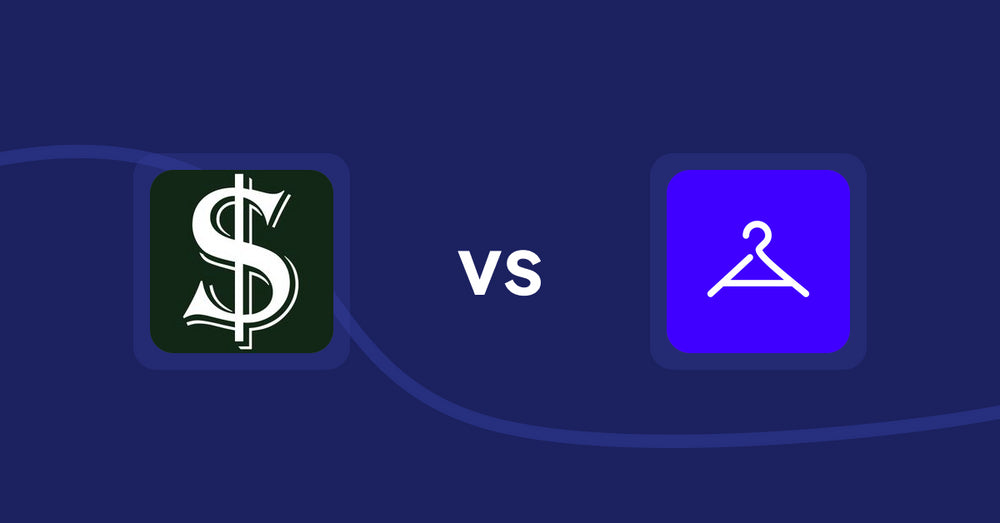
Shopify Product Display Apps: Selling Fast vs. Aiuta
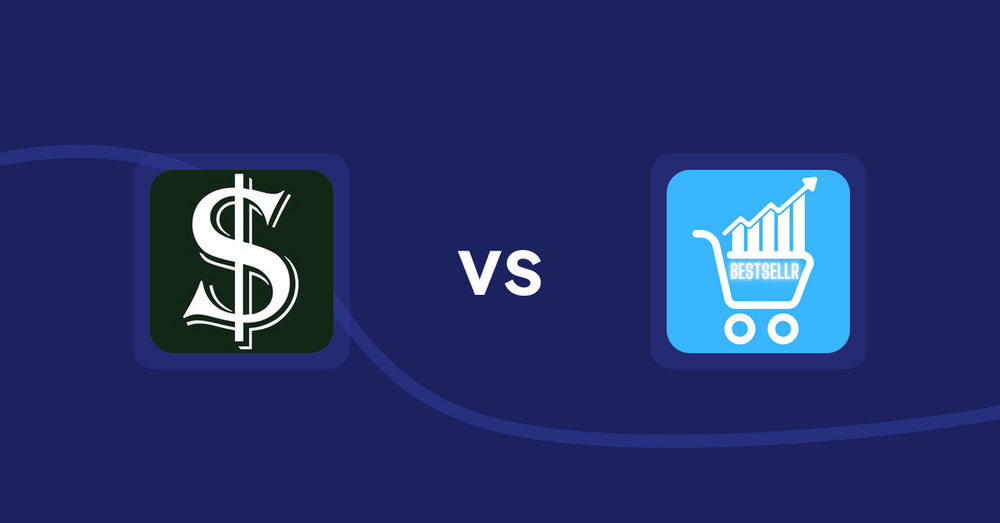
Shopify Product Display Apps: Selling Fast vs Bestsellr
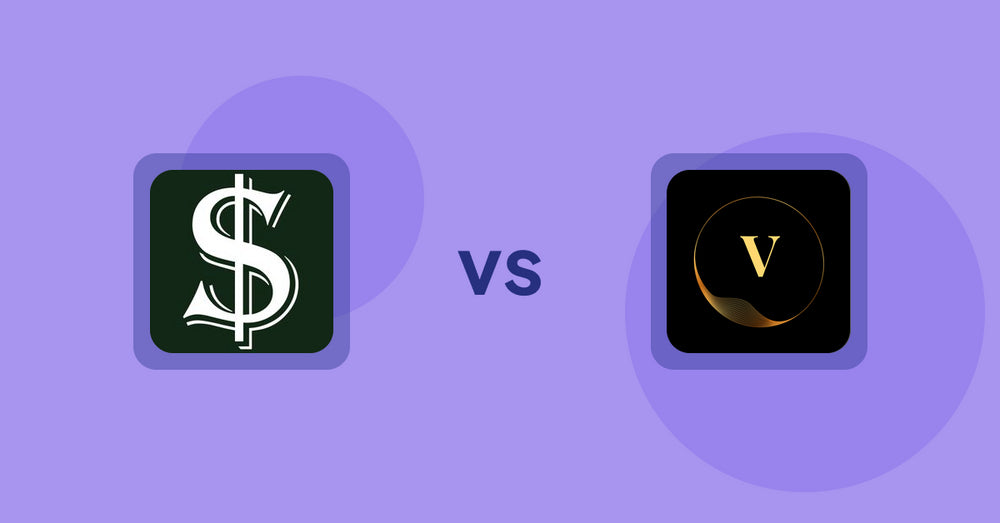
Shopify Product Display Apps: Selling Fast vs ProductTube
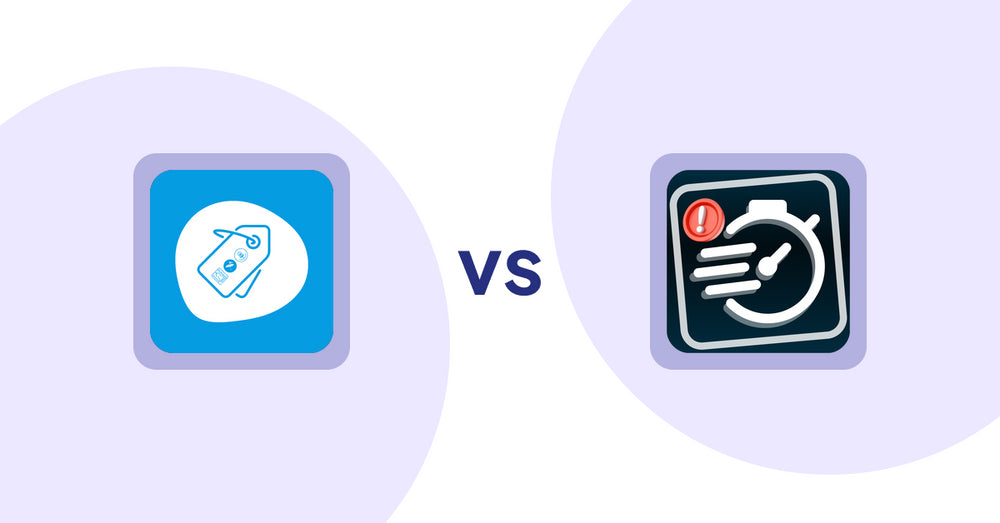
Shopify Product Display Apps: Extendons Product Tag Images vs Urgency! Low Stock Counter
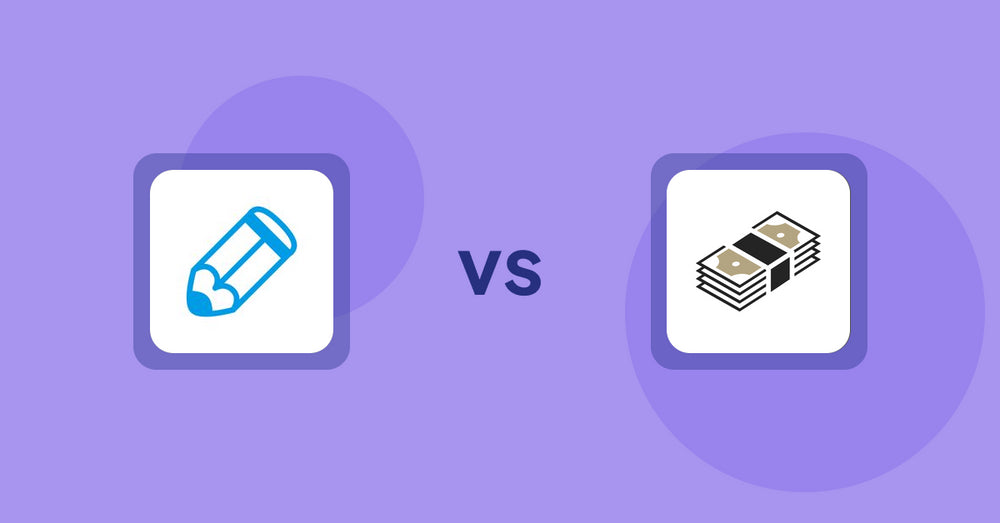
Shopify Product Display Apps: Writer Sofia vs シンプルクラウドファンディング|お手軽自社クラファン
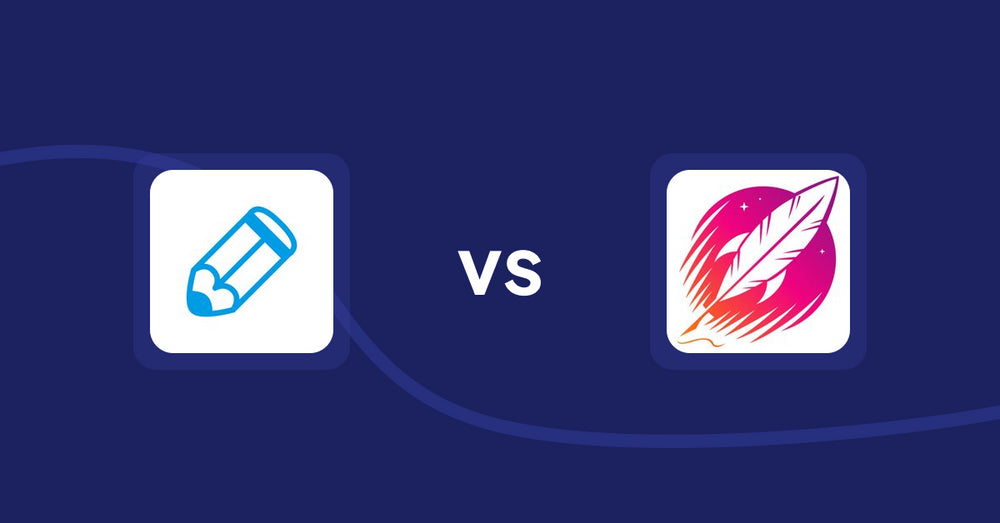
Shopify Product Display Apps: Writer Sofia vs Wordsmith: Content Generator
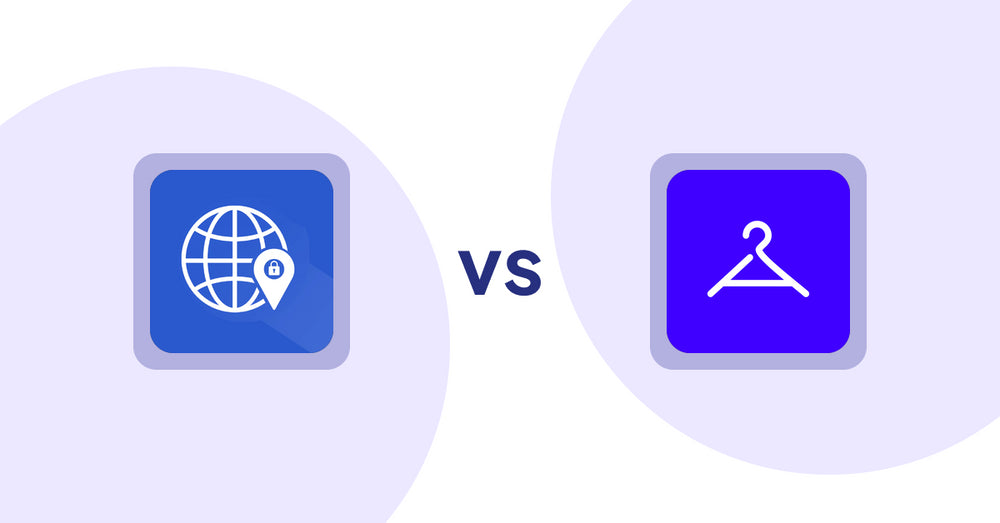
Shopify Product Display Apps: Addify ‑ Country Restrictions vs Aiuta
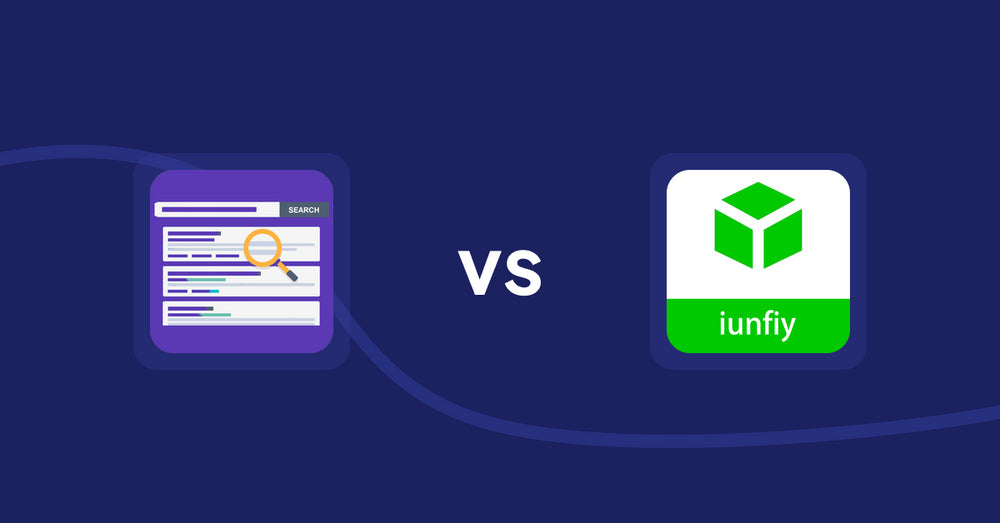
Shopify Product Display Apps: Spark AI Products Description vs iunfiy • Related Products
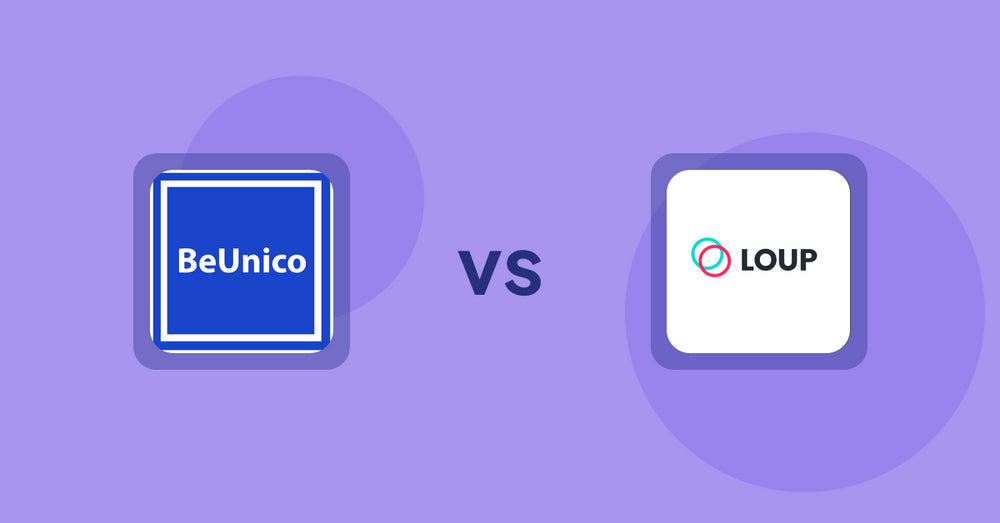
Shopify Product Display Apps: BeUnico vs Loup: Sell on Instagram
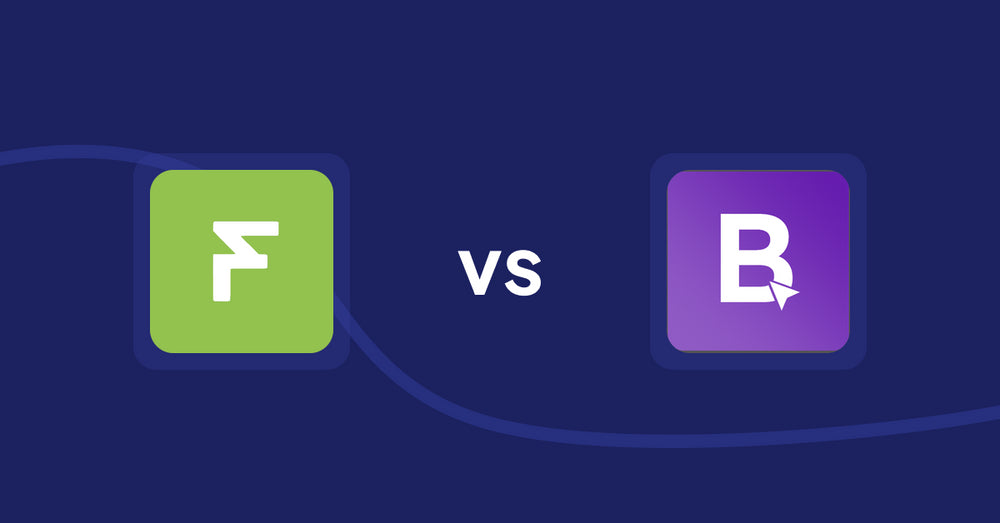
Shopify Product Display Apps: Easy Estimate Shipping vs BookE ‑Rent Property & Service
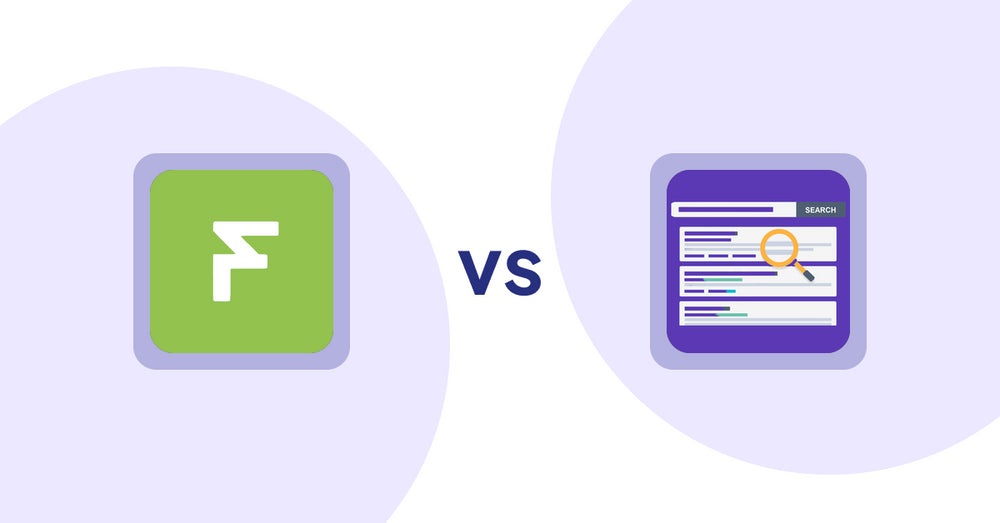
Shopify Product Display Apps: Easy Estimate Shipping vs. Spark AI Products Description
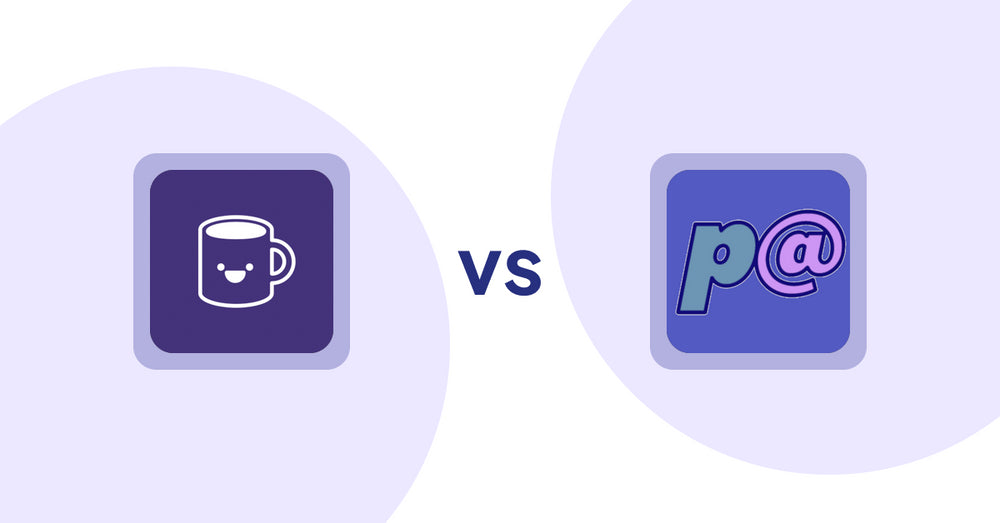
Shopify Product Display Apps: Mugshot Bot vs Parameterizer
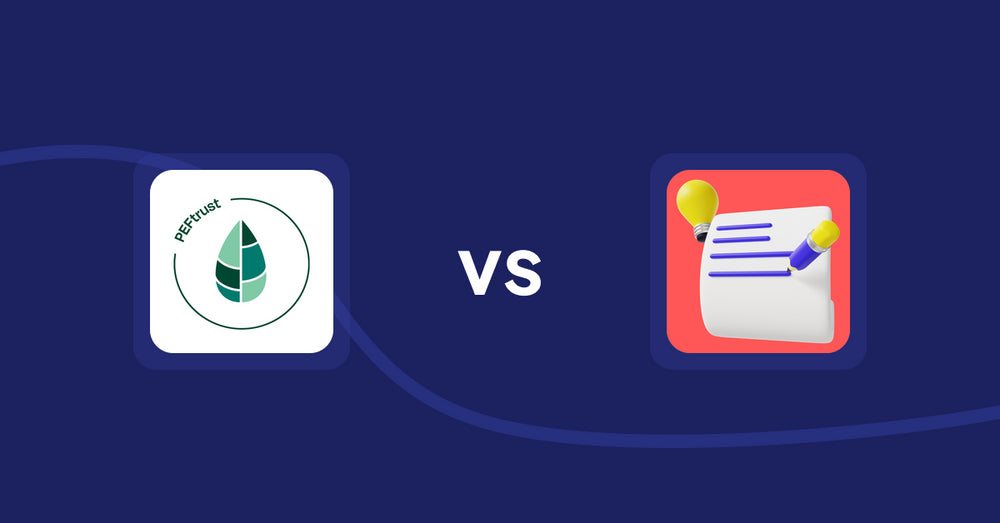
Shopify Product Display Apps: Peftrust vs. Wordo ‑ ChatGPT AI Description
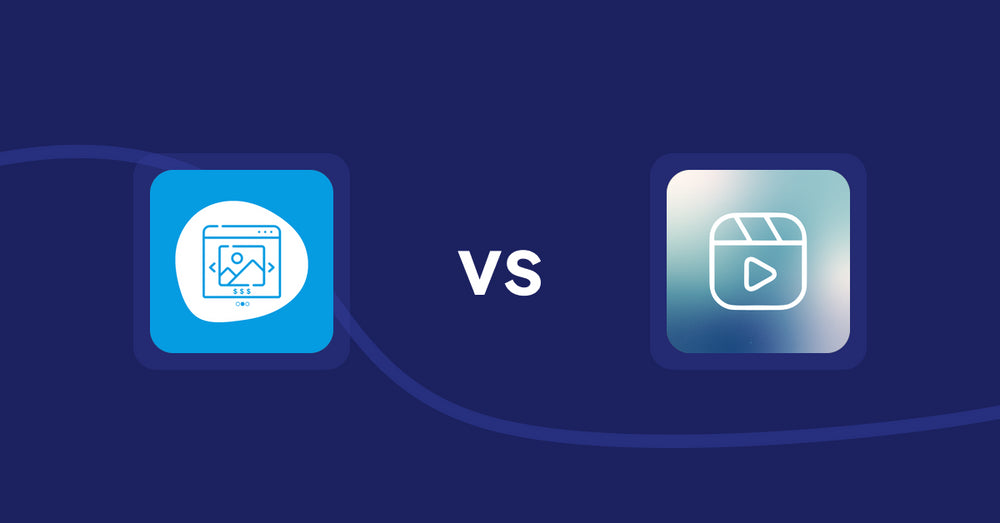
Shopify Product Display Apps: Quick Product Navigator Slide vs Reelify ‑ Shoppable Reel Video
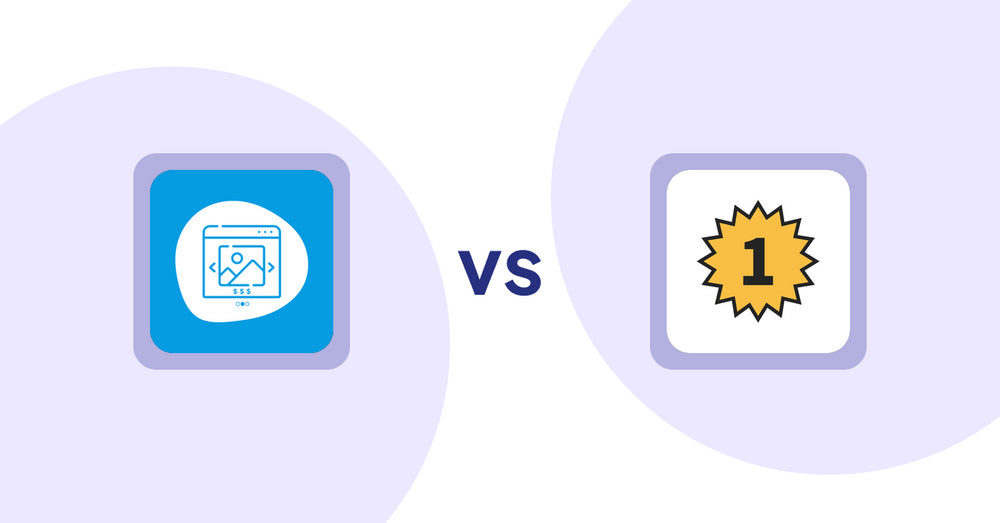
Shopify Product Display Apps: Quick Product Navigator Slide vs. UR: Smart Ranking
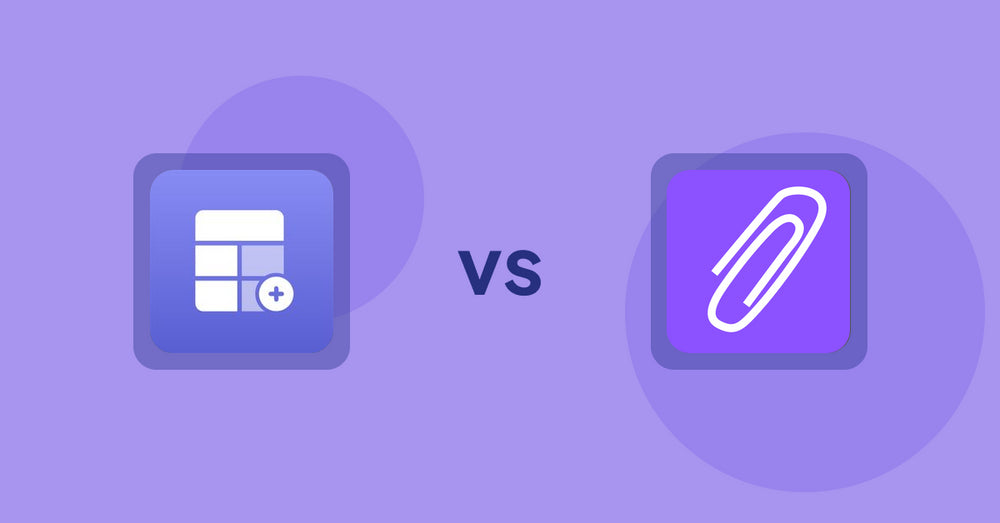
Shopify Product Display Apps: Eazy Specification Tags Table vs Agile Attachments
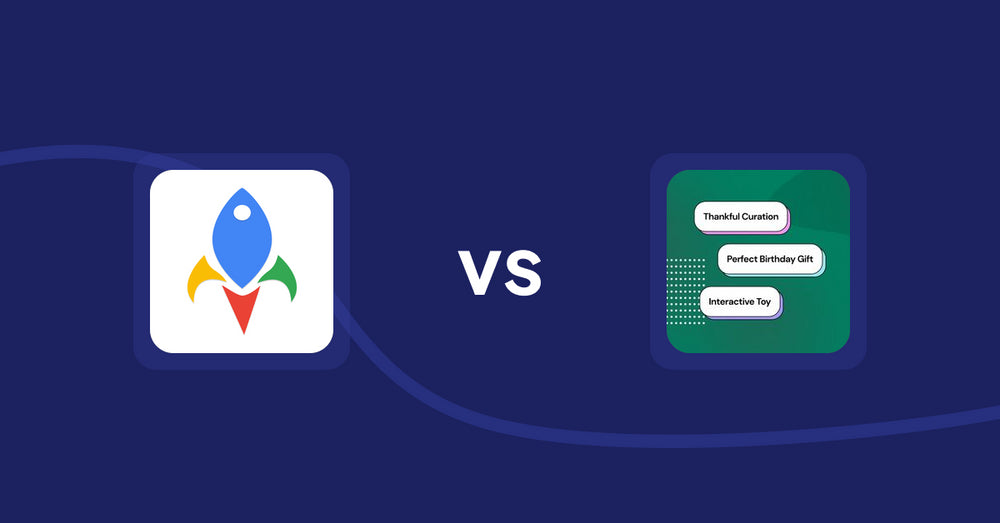
Shopify Product Display Apps: Jedi Back In Stock Admin Alert vs FeatureFrame ‑ Pretty Product
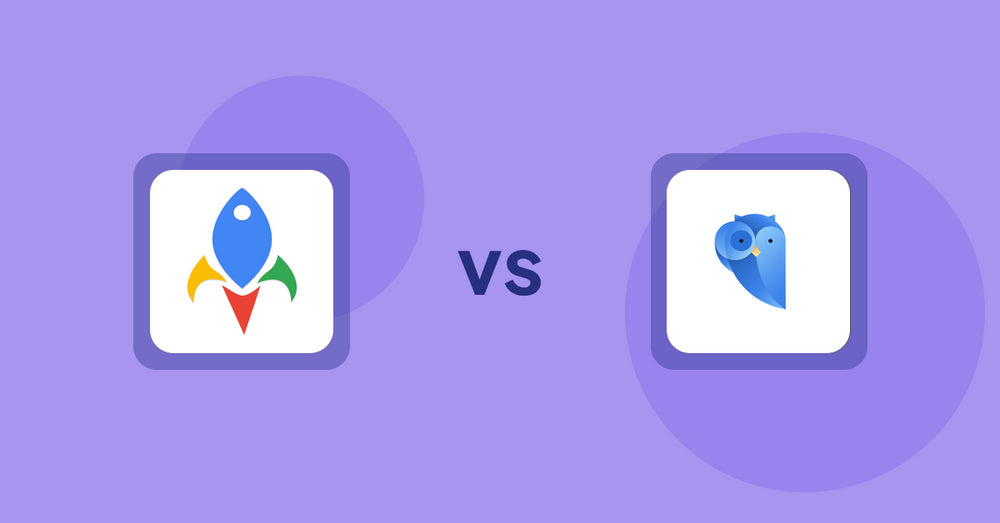
Shopify Product Display Apps: Jedi Back In Stock Admin Alert vs. Findify Search & Merchandise
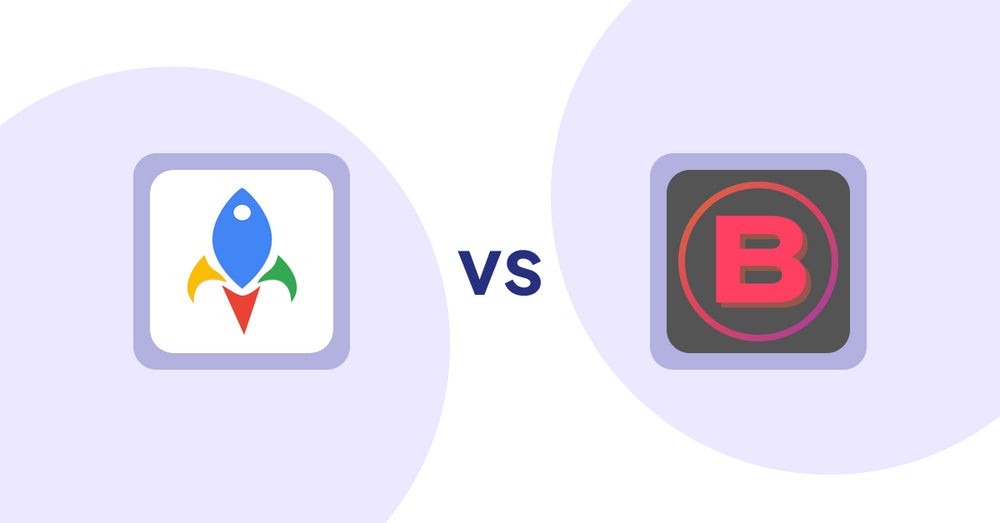
Shopify Product Display Apps: Jedi Back In Stock Admin Alert vs Banter Stories
